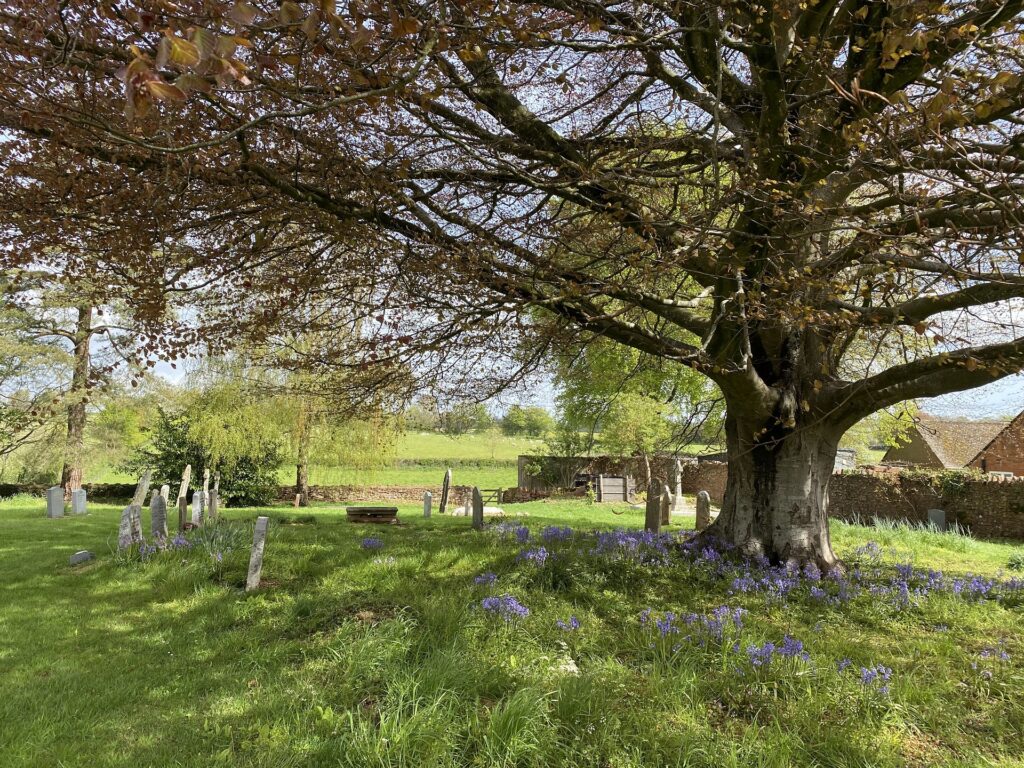Discuss the theme of ambition and the pursuit of fame in “Elegy Written in a Country Churchyard.” How does Gray reflect on the aspirations and limitations of ordinary individuals who may never achieve recognition or success?

The Theme of Ambition and the Pursuit of Fame in Elegy Written in a Country Churchyard
The theme of ambition and the pursuit of fame in “Elegy Written in a Country Churchyard” by Thomas Gray explores the aspirations and limitations of ordinary individuals who may never achieve recognition or success. Gray reflects on the universal desire for fame and acknowledges the inherent potential and talents present among the common people. However, he also contemplates the societal barriers that hinder their upward mobility and result in their lives and accomplishments going unnoticed. Through vivid imagery, contrast, and poignant observations, Gray offers a poignant commentary on the elusive nature of fame and the implications it has for those buried in the churchyard.
Gray begins by acknowledging the inherent aspirations for fame that reside within the hearts of individuals, regardless of their social status. He states, “Full many a gem of purest ray serene / The dark unfathomed caves of ocean bear” (lines 51-52). This metaphorical language suggests that within the lower classes lie untapped potential and unrecognized talent comparable to precious gems hidden in the depths of the ocean. Gray implies that there are individuals with remarkable abilities, perhaps poets or visionaries, whose genius remains unacknowledged due to their humble social standing. This observation emphasizes the wasted potential resulting from societal limitations and reinforces the poem’s themes of ambition and the yearning for recognition.
Moreover, Gray recognizes the limitations imposed by society on the pursuit of fame and success. He acknowledges that the paths to glory and recognition are not equally accessible to all, but are often reserved for the privileged few. Gray writes, “Can storied urn or animated bust / Back to its mansion call the fleeting breath? / Can Honor’s voice provoke the silent dust, / Or Flattery soothe the dull cold ear of Death?” (lines 69-72). In these lines, Gray questions the efficacy of monuments or praise in resurrecting the deceased or appealing to their sense of honor. He suggests that the accolades and recognition of fame hold little meaning in the face of mortality. The futility of fame, as expressed in these lines, highlights the transient nature of human life and questions the significance of societal acclaim.
Gray further emphasizes the arbitrary nature of fame and how it often eludes those who deserve it. He writes, “Perhaps in this neglected spot is laid / Some heart once pregnant with celestial fire; / Hands that the rod of empire might have swayed, / Or waked to ecstasy the living lyre” (lines 81-84). Here, Gray contemplates the possibility that buried within the churchyard are individuals who possessed great talent, capable of shaping empires or creating immortal music. However, their potential remains unrealized and unfulfilled, buried with them in obscurity. Gray’s use of the word “neglected” conveys a sense of lost opportunity and emphasizes the tragic waste of unrecognized genius. This depiction serves to highlight the arbitrary nature of fame and the limitations imposed on individuals who lack social privilege.
The elegy also explores the transient nature of fame and the ways in which societal structures perpetuate inequality. Gray writes, “Let not Ambition mock their useful toil, / Their homely joys, and destiny obscure; / Nor Grandeur hear with a disdainful smile / The short and simple annals of the poor” (lines 31-34). These lines advocate for a recognition of the value of ordinary individuals and their contributions to society. Gray argues against the dismissive attitude of ambition and grandeur towards the “homely joys” and seemingly insignificant lives of the poor. He suggests that a person’s worth should not be solely determined by their social standing or the extent of their fame. Instead, he calls for a more equitable and inclusive perspective that acknowledges the importance of ordinary lives and their impact on the fabric of society.
Throughout the elegy, Gray employs contrasting imagery to underscore the disparities between the pursuit of fame and the realities faced by ordinary individuals. He contrasts the grandeur and opulence of the wealthy with the simplicity and humility of the common people. He describes the “storied urn” and “animated bust” as symbols of fame and recognition, set against the backdrop of the “rude forefathers of the hamlet” (line 27). The contrast between the elaborate monuments of the privileged and the unadorned graves of the common people emphasizes the divide between fame and obscurity.
In conclusion, the theme of ambition and the pursuit of fame in “Elegy Written in a Country Churchyard” reflects on the aspirations and limitations of ordinary individuals who may never achieve recognition or success. Gray’s poem acknowledges the inherent yearning for fame present among individuals from all walks of life and explores the wasted potential resulting from societal barriers. Through vivid imagery, contrast, and poignant observations, Gray emphasizes the arbitrary nature of fame, the transient nature of human life, and the societal structures that perpetuate inequality. Ultimately, the elegy serves as a powerful commentary on the elusive nature of fame and the recognition of the intrinsic worth and unfulfilled potential of ordinary lives.
*****
Read More: Questions and Answers from Elegy Written in a Country Churchyard by Thomas Gray


